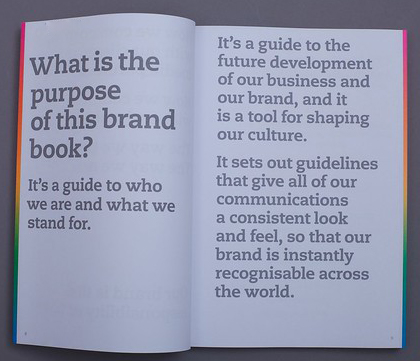An interesting article titled “What Name Best Represents Our Specialty? Oral and Maxillofacial Surgeon Versus Oral and Facial Surgeon” appears in the 2016 edition of the Journal of Oral and Maxillofacial Surgery written by Guerrero et al. (vol. 75, pp. 9-20). The article addresses if a better name than the current oral and maxillofacial surgeon exists to increase recognition of the profession by the public and other medical doctors.
The professional group for oral and maxillofacial surgeons in the U.S. is the American Association of Oral and Maxillofacial Surgeons (AAOMS). This group has long been discussed on this site see for example the posts Upcoming Changes to JOMS and AAOMS in 2014 and Advocacy White Paper on Third Molar Surgery by AAOMS. In recent years AAOMS has created a website over at https://myoms.org/ to educate the pubic about the full scope of an oral and maxillofacial surgeon. The slogan of this website is Oral and maxillofacial surgeons: The experts in face, mouth and jaw surgery. The website states:
“An OMS – also known as oral and maxillofacial surgeon – is the surgical expert of the dental profession. Their extensive education and training, surgical expertise and understanding of esthetics and function qualify them to treat diseases, defects, injuries and esthetic aspects of the mouth, teeth, jaws and face.”
In 1975, an oral and maxillofacial surgeon was known as an oral surgeon. The name was changed to reflect changing surgical scope and perhaps to better distinguish from a dentist that can perform minor oral surgeries. However, according to the article by Guerrero:
“Unfortunately, the term maxillofacial still remains somewhat incomprehensible and difficult to enunciate for the layperson and even many health care practitioners.”
In the article by Guerrero it is noted that some groups of oral and maxillofacial surgeons have replaced the the term maxillofacial with facial such as the Oral and Facial Surgeons of California. The authors state
“….long-winded words such as maxillofacial are difficult to pronounce and are ineffective components of a brand or specialty name. Conversely, the word facial is much shorter, easier to pronounce, and is commonly used in the lexicon of everyday people so it could be used to allow for a quick establishment and recognition of the OMS brand.”
In the article the authors devised a study using upper division undergraduate students and pre-doctoral senior dental students regarding what is the difference between Dr X, an oral and facial surgeon versus Dr Y, an oral and maxillofacial surgeon. Two surveys were distributed to the students with one describing the specialist as oral and facial surgeons and the other as oral and maxillofacial surgeons. A total of 266 surveys for oral and facial surgeons and 260 surveys for oral and maxillofacial surgeons were completed by senior dental students while a total of 844 surveys for oral and facial surgeons and 813 surveys for oral and maxillofacial surgeons were completed by undergraduate students that met the authors inclusion criteria. The authors state:
“Although the descriptor ‘oral and facial surgeon’ is not completely descriptive of the entire scope of the OMS’s practice, it showed a statistically relevant advantage over ‘oral and maxillofacial surgeon’ in certain population groups such as undergraduate upper division science students.”
Regarding the undergraduate upper division science students they identified that an oral and facial surgeon could perform 33% of the twenty-one different conditions or treatments asked in the surveys and an oral and maxillofacial surgeon could perform 28% of these same such conditions or treatments. The senior dental students identified that both an oral and facial surgeon and oral and maxillofacial surgeon could perform 55% of the twenty-one different conditions or treatments asked in the surveys. The authors speculate that the senior dental students may have had training within their dental school that may have allowed them to overcome the linguistic differences between facial and maxillofacial.

The authors point out a few flaws with their study design such as using a number of different academic institutions to gather data for their surveys which may not have taken into account differences amongst these student populations. Nonetheless the authors seem to feel that OMS should be rebranded and repositioned to an oral and facial surgeon. The authors feel their study shows that by using oral and facial surgeon their is an increase in the perception of the OMS surgical scope.
